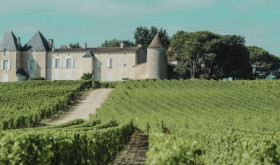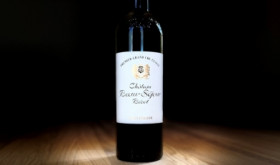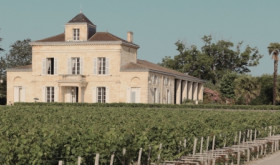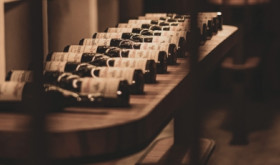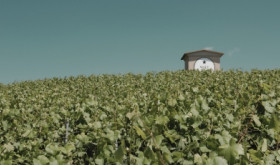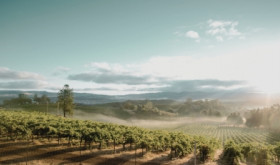
- Moët Hennessy has achieved new organic certifications for three estates, highlighting their commitment to sustainability and soil health initiatives.
- The wine industry has seen a rise in organic wineries as more producers adopt sustainable practices to promote soil health, biodiversity, and natural pest control.
- This is not only beneficial for the environment but presents an opportunity for ESG investors.
Moët Hennessy achieves new organic certifications
Moët Hennessy has achieved new organic certifications for three of its estates as part of its sustainability initiative called ‘Living Soils Living Together’, the drinks business reported.
One of the accreditations was granted to Château Galoupet in Provence, recognising its commitment to soil regeneration and soil health initiatives.
Additionally, two wine estates in Argentina, Chandon Argentina and Terrazas de Los Andes, were awarded the Regenerative Organic Certified (ROC) status by the non-profit organization Regenerative Organic Alliance.
In line with the program, Moët Hennessy had previously committed to ceasing the use of herbicides in its Champagne vineyards.
The rise of organic wineries
Moët Hennessy is not alone in its pursuit of a greener future. There has been a noticeable increase in the number of wineries adopting organic practices in recent years. The organic wine movement has gained significant momentum as consumers and wine investors have become more conscious about sustainable and environmentally friendly products.
Wineries are transitioning to organic farming methods to reduce their use of synthetic chemicals, pesticides, and herbicides in grape cultivation. Such practices focus on promoting soil health, biodiversity, and natural pest control, resulting in healthier vineyards and potentially higher quality grapes.
Renowned organic producers
Some of the most renowned organic producers include Burgundy’s Domaine Leflaive, and the Bordeaux Fifth Growth estate, Château Pontet-Canet.
While not officially certified, Burgundy’s Domaine de la Romanée-Conti also adheres to organic and biodynamic principles in its vineyard management and produces some of the most sought-after wines in the world.
A sustainable investment asset
The increasing adoption of organic and sustainable practices by wineries is not only beneficial for the environment but also presents an opportunity for wine investors. The influence of Environmental, Social and Governance (ESG) factors over investment portfolios has grown dramatically in recent years.
Indeed, fine wine can be considered an ESG investment for the following reasons:
- Vineyards are a carbon sink. A rugby-pitched-sized area of vineyard soaks up a respectable 2.84 tonnes of carbon every year.
- Soil quality can be enhanced through fine wine. Soil degradation is hot on the radar for concerned environmentalists.
- Organic wine production supports pollinators. Organic or pesticide-free vineyards – often one of the hallmarks of fine wine – helps bees and other pollinators get back on track.
- Fine wine is fighting back against single-use plastic. Unlike disposable plastic, fine wine glass bottles are something to be treasured.
- Vineyards help fill rocky terrain and hills with plants. The higher altitude acts as a natural pesticide, making it much easier to create organic wines.
The combination of sustainable practices and investment potential makes the growing trend of organic wineries a positive development in the wine industry.
WineCap’s independent market analysis showcases the value of portfolio diversification and the stability offered by investing in wine. Speak to one of our wine investment experts and start building your portfolio. Schedule your free consultation today.

